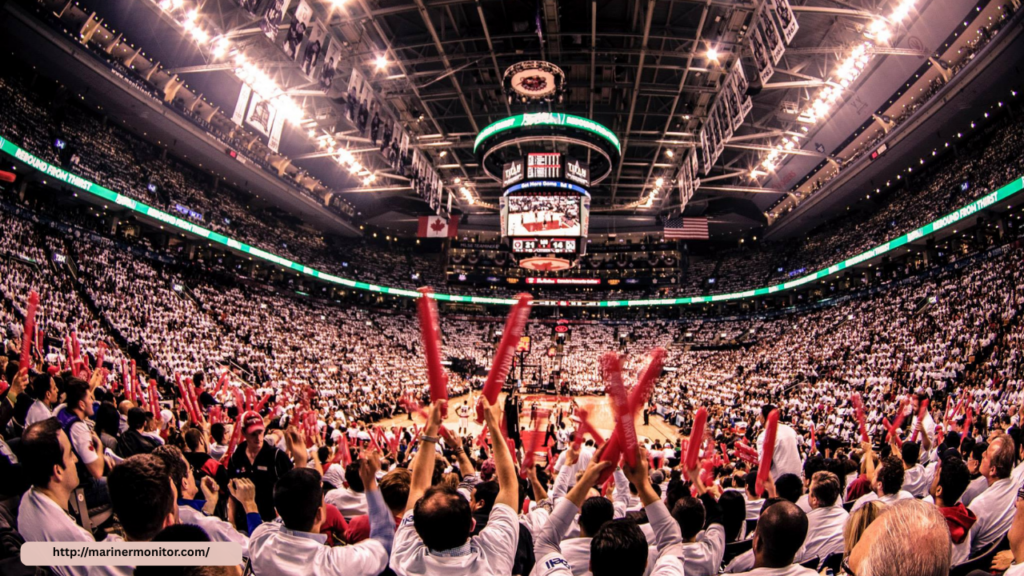
The thrill of a last-second goal, the exhilaration of a championship win, the collective joy shared among fellow supporters—these are moments that sports fans live for. For many, these experiences are memorable highlights in a well-rounded life. But for others, the constant pursuit of these emotional highs can evolve into an addiction, where the desire for victory becomes an overpowering force. Understanding the addictive nature of sports fandom is essential for recognizing when a healthy passion turns into an unhealthy compulsion.
The Dopamine Rush of Winning
When a beloved team wins, fans often experience a chemical rush similar to that felt during other pleasurable activities. This reaction is largely driven by dopamine, a neurotransmitter linked to reward and pleasure. Just like gambling or substance use, the highs from sports victories can create a psychological dependency.
Fans may find themselves constantly chasing the next win, watching games obsessively, and investing more time and emotion than they can afford. The problem arises when the emotional payoff becomes a primary or exclusive source of happiness.
The Cycle of Emotional Peaks and Valleys
Sports are unpredictable. For every thrilling win, there’s often a heartbreaking loss. For addicted fans, these ups and downs mirror the emotional rollercoaster experienced by individuals with behavioral addictions. A victory might bring elation, but a loss can lead to deep disappointment, irritability, or even depression.
This cycle can make it difficult to maintain emotional stability. Fans may also start to view real-life events through the lens of their team’s success or failure, leading to distorted priorities and mood swings that disrupt relationships, work, or academic responsibilities.
Escaping Reality Through Fandom
For some individuals, sports fandom becomes a form of escapism. Life stressors such as work pressure, relationship issues, or personal dissatisfaction may push people to seek refuge in the sports world. The drama, camaraderie, and adrenaline of games provide a temporary distraction from daily struggles.
While occasional escapism can be harmless, relying solely on sports to manage emotional well-being can lead to long-term issues. It can prevent individuals from addressing core challenges in their personal lives, creating a dependency that’s hard to break.
Signs of an Unhealthy Fandom Addiction
Here are some indicators that a love for sports may be turning into an addiction:
- Mood Dependence: Emotional states fluctuate dramatically based on a team’s performance.
- Neglected Responsibilities: Personal, professional, or academic obligations are pushed aside in favor of watching games or tracking statistics.
- Social Isolation: Relationships suffer due to excessive engagement in sports.
- Financial Strain: Spending irresponsibly on tickets, merchandise, or betting.
- Compulsive Behavior: Feeling compelled to watch every game or engage in constant sports-related activities regardless of consequences.
Finding a Healthy Balance
To avoid falling into the trap of sports addiction, it’s important to maintain balance. Fans can:
- Set Time Limits: Allocate specific periods for engaging with sports content.
- Diversify Activities: Explore interests outside of the sports world to broaden emotional outlets.
- Reflect on Motivations: Ask whether sports fandom is enriching life or becoming a coping mechanism.
- Seek Support: Talk to friends, family, or mental health professionals if the behavior feels unmanageable.
Sports are meant to bring joy and connection, not stress and dependency. Recognizing the addictive nature of fandom helps ensure that the passion for the game stays a positive and fulfilling part of life.